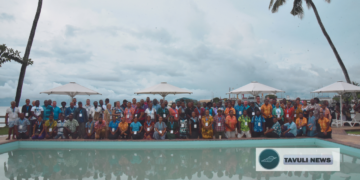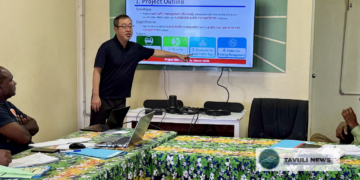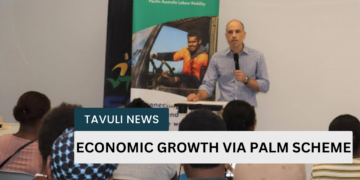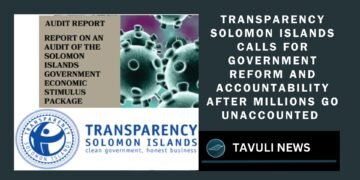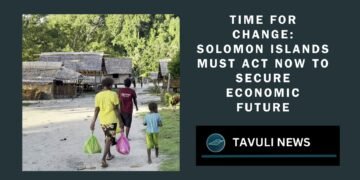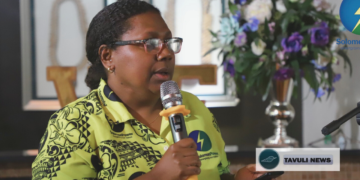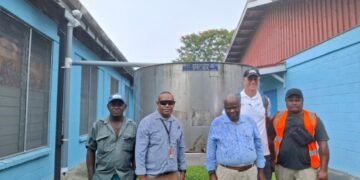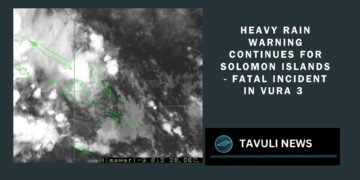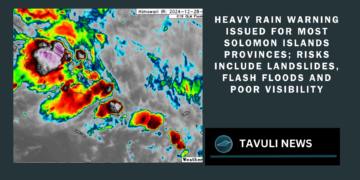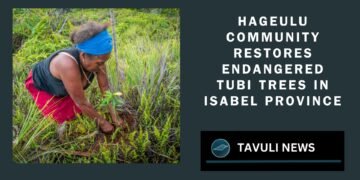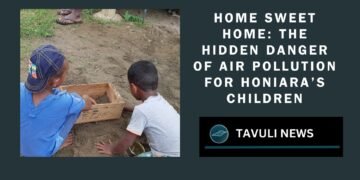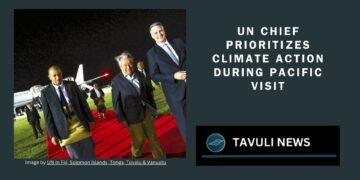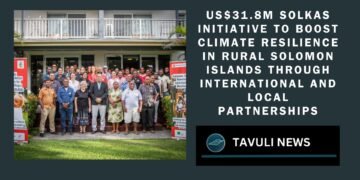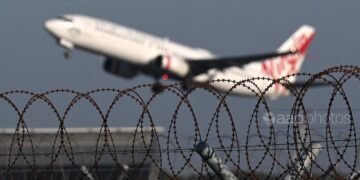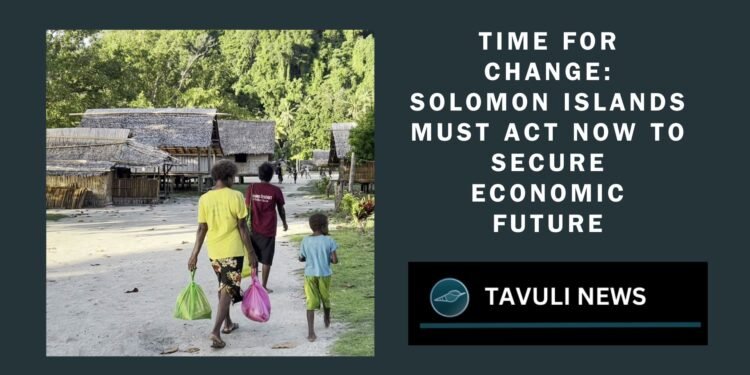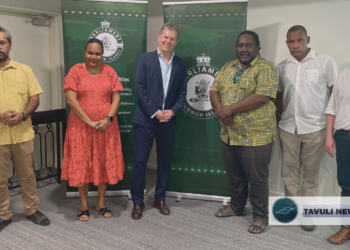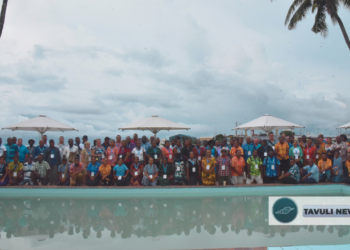World Bank Highlights Key Barriers to Growth and Calls for Immediate Action.
A World Bank report highlights critical economic challenges facing the Solomon Islands, warning that without significant reforms, the country risks stagnation. “If current trends persist, the Solomon Islands could find itself where Vanuatu is today in the next 20 years”, says World Bank Senior Economist in the Solomon Islands, Lodewijk Smets.
Speaking at the launch of the Country Economic Memorandum in September, Smets emphasized the urgent need for economic reform to drive new sources of growth. He noted that while Honiara has become the focal point of urbanization, the provinces are lagging behind in development.
“The change has to start with the foundation,” Smets stated.
The World Bank report reveals that over 85 percent of the estimated 2,071 registered businesses are concentrated in and around Honiara, with rural areas seeing a sharp decline in formal enterprises. This imbalance leads to a prevalence of informal business activities, with approximately 80 percent of enterprises classified as micro-enterprises, employing fewer than five people.
While the primary sector accounts for 28 percent of GDP, primarily through subsistence agriculture and an export-oriented forestry industry, the service sector dominates the economy at 57 percent of GDP, driven largely by urban-based government employment. Tourism remains underdeveloped, despite the country’s abundant natural resources.
Key barriers to economic growth identified in the report include high regulatory compliance costs, limited access to finance, and a workforce that is largely under-skilled for the available jobs. With around 80 percent of land in the Solomon Islands being unrecorded customary land, access to land remains a significant challenge. Furthermore, the country faces some of the highest energy prices globally, coupled with low access to grid-connected electricity.
To unlock economic potential, the World Bank advocates for long-term reforms in land administration and workforce education. Recommendations include enhancing land systems to improve efficiency in land use rights and implementing educational initiatives aimed at upskilling the workforce, focusing on vocational training and adult education programs.
The report also emphasizes the need to improve access to finance for small businesses by addressing high collateral requirements and the lack of credit information that hinder growth. Expanding financial infrastructure and enhancing digital literacy are essential steps to facilitate credit access.
Moreover, the transition to renewable energy presents a significant opportunity to lower operational costs for businesses. Currently, power generation relies heavily on diesel, but promoting independent power projects and mini-grids could help address energy challenges.
Expanding the service sector, which accounts for 40 percent of employment, could further enhance competitiveness. Reducing trade barriers and improving logistics and finance services will be vital in stimulating economic growth.
The World Bank’s report is seen as a crucial call to action for the Solomon Islands government and people to embark on a path of sustainable economic development. Without decisive reforms, the nation risks not reaching its full economic potential, potentially missing the opportunity to create a thriving economy for future generations.


